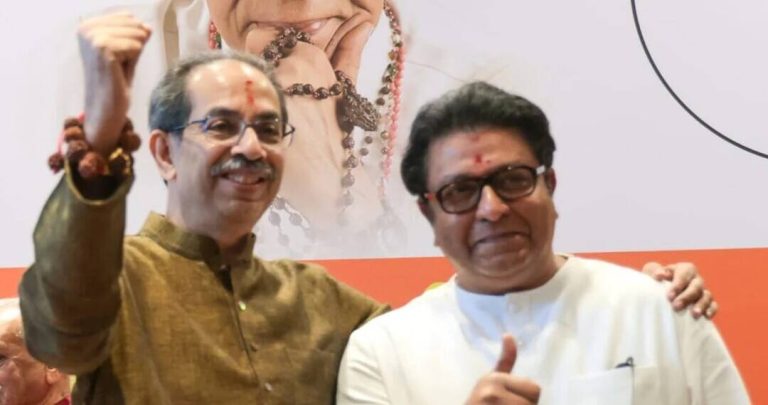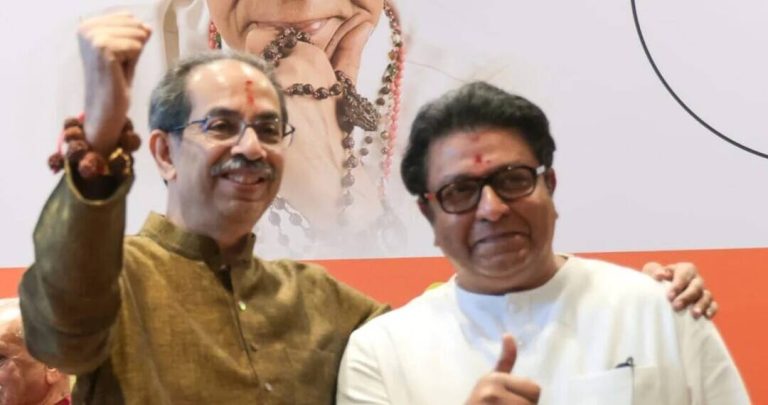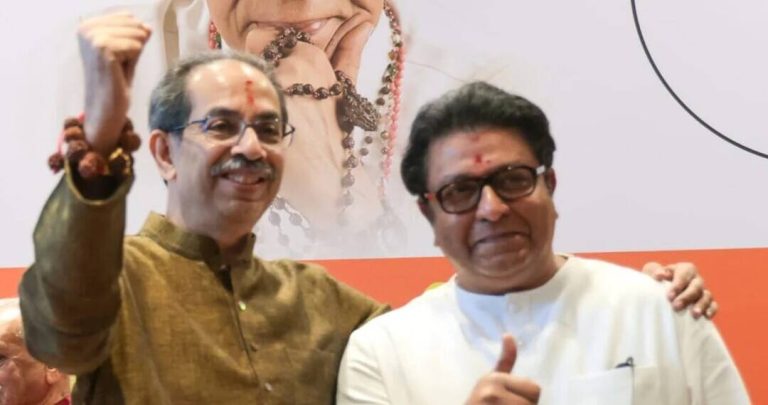
Assam CM helped Nitish work out ₹10,000 for women scheme: Report
In a surprising turn of events, it has been reported that the Chief Minister of Assam, Himanta Biswa Sarma, played a significant role in helping the Nitish Kumar government in Bihar to formulate a scheme to provide ₹10,000 to women. According to sources, a large part of the credit for Bihar’s scheme goes to Sarma, who sent his bureaucrats to Bihar five months ago to make a presentation on the ‘Jeevika ₹10,000 model’. This model was later incorporated into the all-new Mukhyamantri Mahila Rojgar Yojana, a scheme aimed at providing financial assistance to women in the state.
The report suggests that the Nitish Kumar government had requested the Assam government to share its expertise and experience in implementing similar schemes. Sarma, being a seasoned politician and administrator, saw an opportunity to share his state’s knowledge and best practices with Bihar. He promptly sent a team of bureaucrats to Bihar, who made a detailed presentation on the ‘Jeevika ₹10,000 model’ before the officials of the Nitish Kumar government.
The ‘Jeevika ₹10,000 model’ is a flagship scheme of the Assam government, which aims to provide financial assistance to women in the state. The scheme has been successful in Assam, and the Nitish Kumar government was keen to replicate it in Bihar. The team of bureaucrats from Assam made a comprehensive presentation, highlighting the key features and benefits of the scheme. They also shared their experience and expertise in implementing the scheme, which helped the Bihar government to fine-tune its own scheme.
The Mukhyamantri Mahila Rojgar Yojana, which was launched recently, aims to provide ₹10,000 to women in the state to help them start their own businesses or pursue their entrepreneurial dreams. The scheme is expected to benefit thousands of women in Bihar, who will receive the financial assistance to start their own ventures. The scheme is also expected to generate employment opportunities and stimulate economic growth in the state.
The role of Himanta Biswa Sarma in helping the Nitish Kumar government to formulate the scheme has been appreciated by leaders of the National Democratic Alliance (NDA). They have reportedly said that Sarma’s contribution to the scheme is significant, and his expertise and experience have been invaluable in shaping the scheme. Sarma’s willingness to share his state’s knowledge and best practices with Bihar has been seen as a positive gesture, which reflects his commitment to cooperative federalism.
The success of the Mukhyamantri Mahila Rojgar Yojana will depend on various factors, including the effective implementation of the scheme and the ability of the beneficiaries to utilize the financial assistance effectively. However, the fact that the scheme has been formulated with the help of experts from Assam is a positive sign, and it is expected to yield good results.
In recent years, there has been a growing trend of states sharing their knowledge and best practices with each other. This trend is expected to continue, as states recognize the benefits of cooperative federalism and the need to learn from each other’s experiences. The role of Himanta Biswa Sarma in helping the Nitish Kumar government to formulate the Mukhyamantri Mahila Rojgar Yojana is a classic example of this trend, and it highlights the importance of interstate cooperation and knowledge sharing.
The scheme is also expected to have a positive impact on the lives of women in Bihar, who will receive the financial assistance to start their own businesses or pursue their entrepreneurial dreams. The scheme will not only provide economic benefits to the beneficiaries but also empower them to become self-reliant and independent. The fact that the scheme has been formulated with the help of experts from Assam is a positive sign, and it is expected to yield good results.
In conclusion, the role of Himanta Biswa Sarma in helping the Nitish Kumar government to formulate the Mukhyamantri Mahila Rojgar Yojana is a significant one. His willingness to share his state’s knowledge and best practices with Bihar has been appreciated by leaders of the NDA, and it reflects his commitment to cooperative federalism. The scheme is expected to have a positive impact on the lives of women in Bihar, and it is a classic example of interstate cooperation and knowledge sharing.






